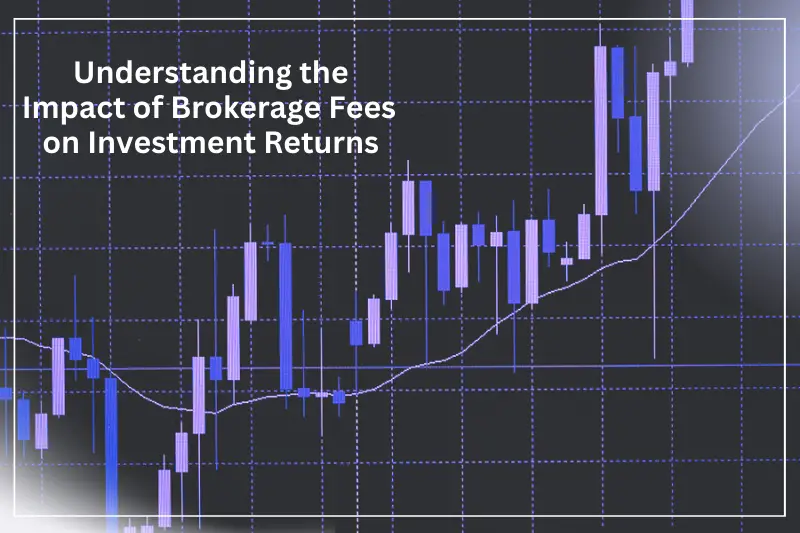Click here to get this post in PDF
You understand as an investor that the stock market is about more than just buying and selling shares. There are several more factors apart from the brokerage charges that might affect your trading performance.
These charges that brokers collect in return for completing transactions on your behalf might significantly negatively influence your investment returns. Would you like to know how brokerage fees impact your trading earnings? Are you wondering how to pick a broker with the best deals and services?
This post will look at how lowest brokerage charges in India impact your trading profits and offer advice on how to use a brokerage calculator to cut these costs as much as possible. Now, let’s learn more about the effect of brokerage charges on the overall investment returns.
Delving Deeper Into Brokerage Charges
Traders and investors who buy or sell stocks, bonds, mutual funds, or other assets using the broker’s platform pay the brokerage fees charged by their broker. These charges may differ significantly depending on the broker and kind of investment. A common way to calculate brokerage fees is as a percentage of the total transaction value.
Brokers take a charge from the trader’s account and add it to the deal’s initial amount. Depending on the amount of the deal, this monetary outlay might be substantial. Broker fees can be expressed as a percentage of the transaction value, a fixed amount, or a combination of the two.
In addition to brokerage fees, trading and investing are subject to other levies and taxes. These levies consist of stamp duty, exchange transaction fees, SEBI fees, goods and services tax (GST), securities transaction tax (STT), etc.
The segment, exchange, state, and kind of the transaction all affect these costs. You may use a brokerage calculator to find out the exact brokerage and other transaction costs of your chosen broker before you finalise your purchase.
Effect of brokerage charges on the stock trading returns
The expenses incurred when your broker executes your stock market trades are known as brokerage fees. Depending on the broker type, the kind of trade, and the magnitude of the deal, these costs may vary. Brokerage fees have the potential to drastically cut profits, especially if you trade often and in big quantities.
One method to evaluate how brokerage costs affect your earnings is to figure out the trade’s break-even point. The price at which you are neither profitable nor unprofitable is known as the break-even point, and it is determined by subtracting all trade-related expenses.
Trading Returns Given A Specific Trading Strategy
The impact of the lowest brokerage charges in India may also vary according to your trading approach and frequency. In order to potentially profit from dividends and capital gains, some traders, for example, could decide to employ a long-term buy-and-hold strategy, in which they acquire shares and retain them for a number of months or years.
These traders may pay cheaper brokerage fees as a result of their smaller volume and lower transaction expenses. To profit quickly from price movements, other traders, on the other hand, can opt to employ a short-term day-trading or swing-trading strategy, in which they purchase and sell shares over the course of a day or few days. These traders may incur greater brokerage fees since they trade more frequently and with higher transaction costs.
Ways To Reduce Brokerage Charges
Reducing your brokerage charges is crucial if you want to increase your trading income. Here are some pointers to assist you in doing this:
Look around: The cost structures of different brokerage firms vary. Spend some time comparing the fees charged by different companies and choose the one that provides the best deals for your type of trading.
Discuss fees: If you trade in large volumes, you might be able to work out a cheaper charge schedule with your brokerage company. Talk to your broker about this without holding back.
Select the appropriate account type: Brokerage firms frequently provide a range of account types at different cost points. Choose the account option that will save you the most money and best meet your trading requirements.
Restrict your trading: Excessive trading may result in increased brokerage fees. You may cut costs overall and trade less frequently by switching to a longer-term buy-and-hold investing approach.
Choose a discount broker: Discount brokers have cheaper costs than full-service brokers. For investors who don’t need individualized guidance or research, there might be lowest brokerage charges in India even if they could provide fewer services.
You may also like: 3 Most Basic Concepts Of Online Currency Trading
Image source: elements.envato.com

